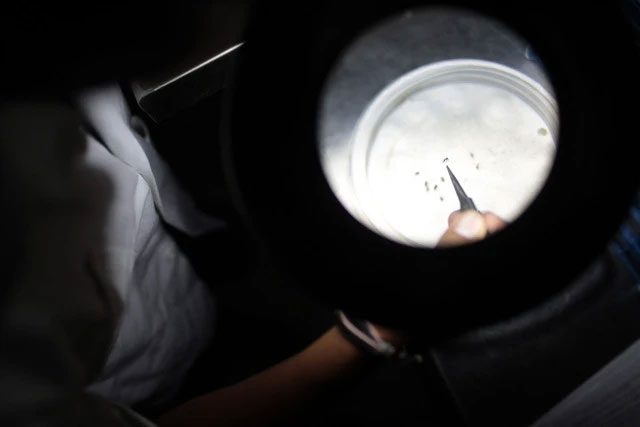The U.S. Food and Drug Administration (FDA) on November 9 approved the world’s first vaccine for chikungunya, a virus transmitted by infected mosquitoes.
In an announcement, the FDA stated that the chikungunya virus vaccine has been approved for individuals aged 18 and older who are at higher risk of infection, according to AFP. This vaccine was developed by the European biotechnology company Valneva and will be marketed under the name Ixchiq.
The FDA’s green light for Ixchiq is expected to accelerate the rollout of this vaccine in countries where chikungunya is most prevalent. Chikungunya causes severe fever and joint pain and is commonly found in tropical and subtropical regions of Africa, Southeast Asia, and parts of the Americas.
“However, the chikungunya virus has spread to new geographical areas, resulting in increased rates of infection globally,” the FDA noted. There have been over 5 million reported cases of chikungunya in the past 15 years, and the FDA has referred to this virus as a “emerging global health threat.”
“Infection with the chikungunya virus can lead to severe illness and prolonged health issues, especially for older adults and those with underlying health conditions,” warned Peter Marks, a senior official at the FDA, in a statement. Marks believes the approval of the Ixchiq vaccine “addresses an unmet medical need and represents a significant advancement in preventing a potentially debilitating disease with limited treatment options.“

A laboratory technician researches mosquitoes carrying the chikungunya virus in a public health laboratory in Mexico on April 15, 2015. (Photo: AFP).
The symptoms caused by chikungunya can sometimes last for months or even years, but the virus rarely results in death. Currently, there is no specific treatment for chikungunya, aside from common medications to alleviate pain and reduce fever, according to AFP. In the absence of preventive treatment measures, the only way to avoid infection thus far is to prevent mosquito bites.
Chikungunya can be transmitted from a pregnant person to their fetus, and this virus can be fatal to newborns. In its statement, the FDA noted that it is unclear whether the vaccine may cause side effects in newborns.
Since its first identification in Tanzania in 1952, the chikungunya virus has been reported in over 110 countries, according to the World Health Organization.
Public health experts have expressed concerns that the chikungunya virus could pose a potential pandemic threat in the future as climate change drives mosquitoes carrying the virus into new areas, according to AFP.


















































